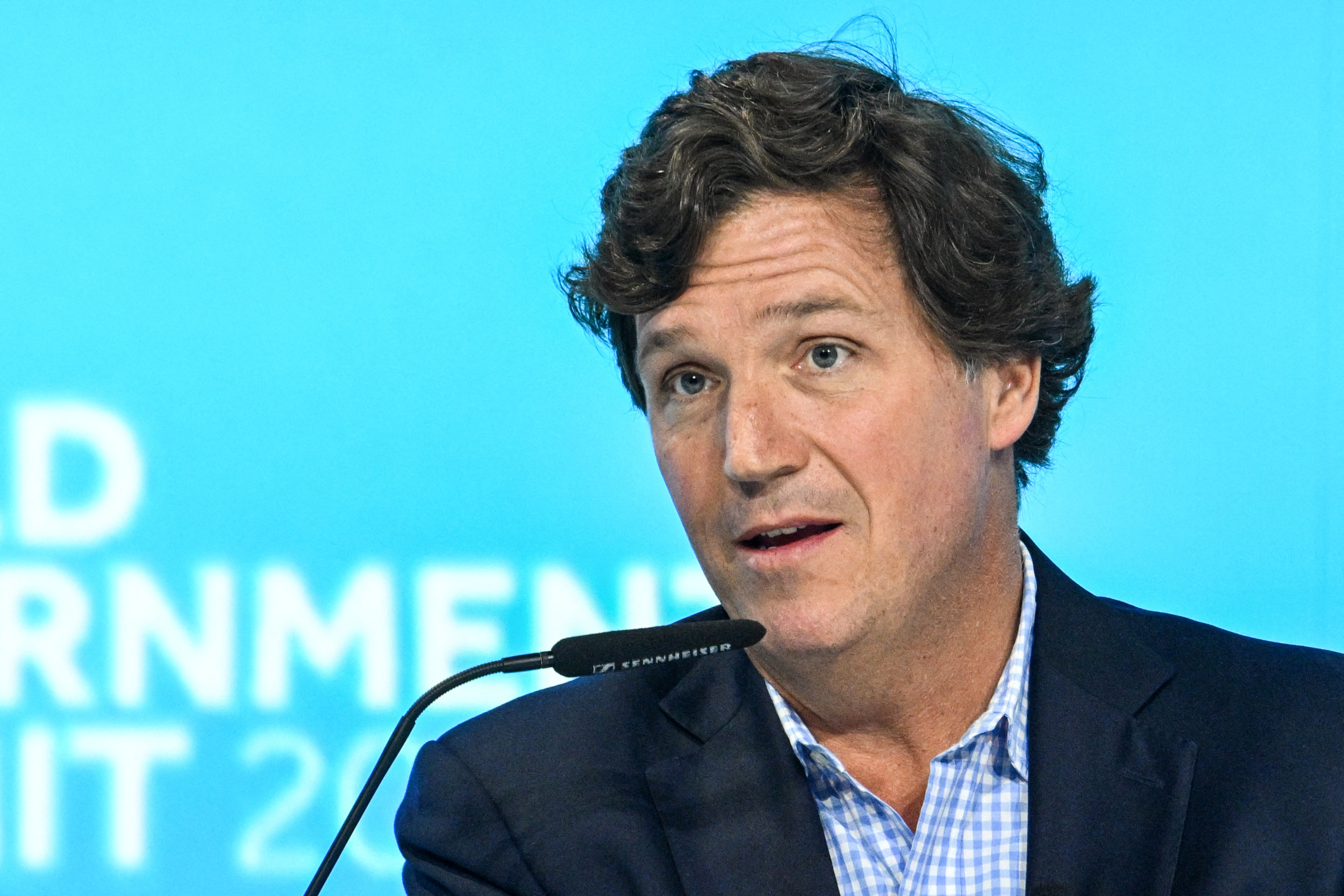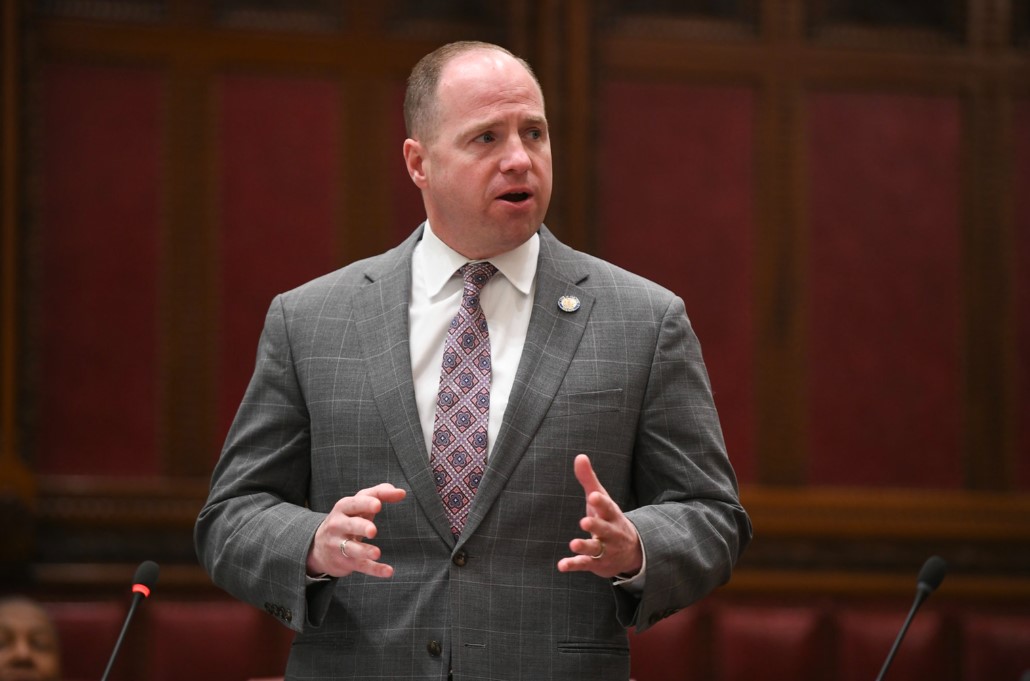Michelle Obama has always been a creature of discipline and decorum. As a young lawyer, she initially brushed off advances from her future husband, Barack Obama, because they worked at the same firm. A reporter, visiting her Chicago home in 2004, noticed a to-do list for her two daughters that included time for "play." She is in bed most nights by 9:30 and rises each morning at 4:30 to run on a treadmill. "She'll sacrifice the sleep so she can make sure she has that time," says Susan Page, a friend since Harvard Law School. "Once she has a plan, she goes for it."
Now, however, Michelle's once orderly life is tending toward the chaotic, in the form of a presidential campaign, and no amount of planning can stave it off. Last week her husband's name was on the lips of every Democrat from Boston to Berkeley after he announced he was forming a presidential exploratory committee. But Michelle was out of sight--the Obama campaign declined to make her available for this story--even as many Democrats wondered what she thought of her husband's big leap. After all, she has made no secret of her ambivalence about being a political spouse: "If politics were my passion," she told the Chicago Tribune in 2004, "I'd find out how to do it and make it work." In the weeks before his announcement, Obama seemed to stiffen when asked what his wife thought of a presidential run.
The hesitant spouse is a well-known character in presidential politics, and Michelle has never been quite as conflicted as some of her comments might suggest. From the earliest days of her marriage, she has provided crucial support to Barack's political life--introducing him to the Chicago neighborhood where he would make his political name and sharing his passion for work in that community. Her friends say Michelle has long seen great things in her husband's future. "If you say to Michelle, 'Are you surprised [by the attention]?' " says her friend Valerie Jarrett, "she would say, 'The American people are beginning to see what I always knew--he's an extraordinary man born to lead'."
To her friends, Michelle seems to manage public and private pressures with effortless poise. She is intimately involved with her husband's work, reading drafts of his major speeches and tweaking his big ideas and little punctuation choices alike. But she also works full time as vice president for community relations at the University of Chicago Hospitals and juggles the schedules of her two daughters, Malia, 8, and Natasha, 5. "Wherever we're at, people come up to her [and say], 'I love your husband'," says her friend Yvonne Davila. "She gives them hugs ... She makes it seem kind of flawless."
Michelle has long had a talent for making hard work look easy. Growing up in a working-class family on Chicago's South Side, she logged long hours practicing the piano, scrawled short stories in a spiral notebook and excelled in school, skipping the second grade. Her academic performance got her into Princeton, and friends can't recall her chafing at being one of a handful of African-Americans on campus. One spring break, she and her two roommates tagged along with a Jewish student group on a ski trip to Vermont. "We were three black women on a trip with all of these white Jewish kids," one roommate, Angela Acree, recalls. "We stuck out like sore thumbs. But we had a great time."
After college, Michelle entered Harvard Law School, and then joined the Chicago law firm Sidley & Austin. In 1988, she was charged with mentoring a summer intern named Barack Obama. Attraction was instant, but Michelle thought an office romance unseemly. Still, Barack pursued his blushing adviser. "I think it would be OK if you went to lunch with this guy," a Sidley colleague, Kelly Jo MacArthur, remembers telling Michelle.
Lunch they did, and before long they were partners in all things professional and personal. In Chicago, they quickly stood out as an attractive, talented couple. Inside, though, it was a time of turmoil for Michelle; the death of her father in 1990 and the sudden death of another college roommate, Suzanne Alele, at only 25, compelled her to take stock of her own life. She decided to turn her back on Sidley and its hefty salary: "I wanted to have a career where I was thrilled to wake up," she told a reporter in 2004.
Public service seemed like a good fit. In 1990, Michelle interviewed for a position under Jarrett, then the deputy chief of staff to Chicago Mayor Richard Daley. Jarrett offered her the job on the spot. Michelle was flattered but had one request: "I need you to meet with my fiancé," she said. "I'm making a huge career decision ... He's nervous and he wants to know who's looking out for me." (Jarrett passed the test.)
Meanwhile, Michelle was helping to open doors for Barack. The child of a Kenyan father and a white, Kansan mother, Obama has spoken openly about his struggle as a young man to identify with the black urban American experience. After marrying Michelle in 1990 and settling on the South Side, he gained entree to one of the strongest African-American enclaves in the country. "There are a lot of successful people who have a hard time working in the community because they're not from there," says John Rogers, a Chicago investment banker and a friend of Michelle and her brother, Craig Robinson, since college. "Craig and Michelle can do it because it's where they come from."
Michelle's community ties came in handy when Barack, by then a state senator, ran for the U.S. Senate in 2004. He faced a primary dominated by some of the Democratic Party's most formidable political families. Barack won the nod thanks to the support of influential African-American business leaders, some of whom had closer ties to Michelle than they did to him. As chair of the Chicago Stock Exchange, Jarrett, Michelle's old boss and close friend, was among the most powerful African-American women in Chicago and served as finance chair of the Obama campaign.
After Barack's election, Michelle fretted publicly over what all his time away in Washington would mean for their family. But friends say that, after an exhausting Senate campaign, she cherished the relative calm of life back home in Chicago. Even now, she is still trying to keep things low key. A day after her husband's announcement last week, she celebrated her 43rd birthday at home in Chicago over bowls of chili with a friend and each of their children. "I'm sure they'll try to shelter the girls as much as they can," says Jarrett, "but some level of spotlight is inevitable." No question.
Handling that spotlight will be a challenge. In the past, Michelle has occasionally played tough enforcer with Barack in interviews but, as Nancy Reagan and Hillary Clinton can attest, voters prefer First Ladies who use a soft touch. The campaign has a careful program for introducing the Obama family to the American public in the weeks before and after his official announcement on Feb. 10. Hesitant or not, Michelle will be smiling for the cameras. Once she has a plan, she goes for it.
Uncommon Knowledge
Newsweek is committed to challenging conventional wisdom and finding connections in the search for common ground.
Newsweek is committed to challenging conventional wisdom and finding connections in the search for common ground.
About the writer
To read how Newsweek uses AI as a newsroom tool, Click here.








